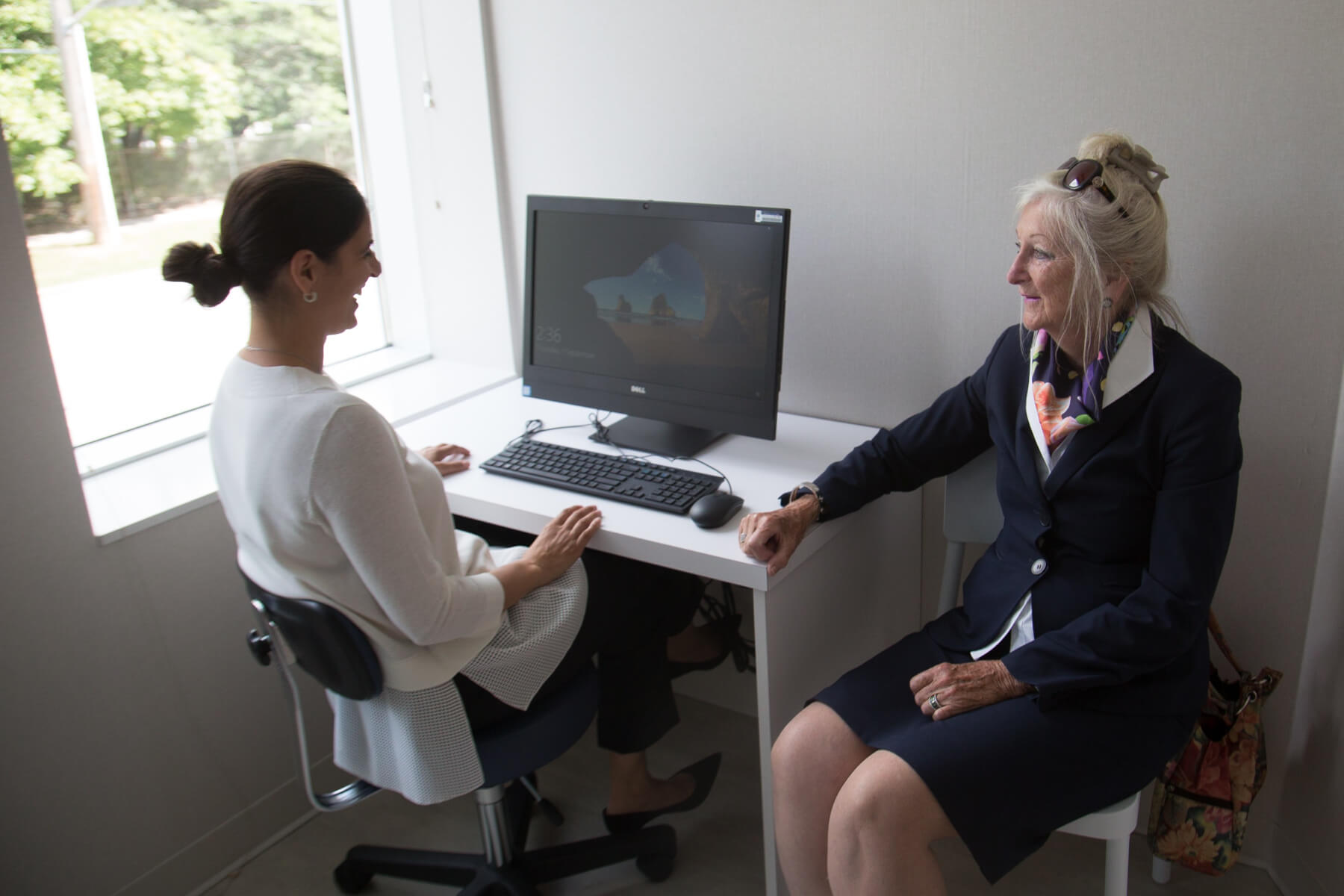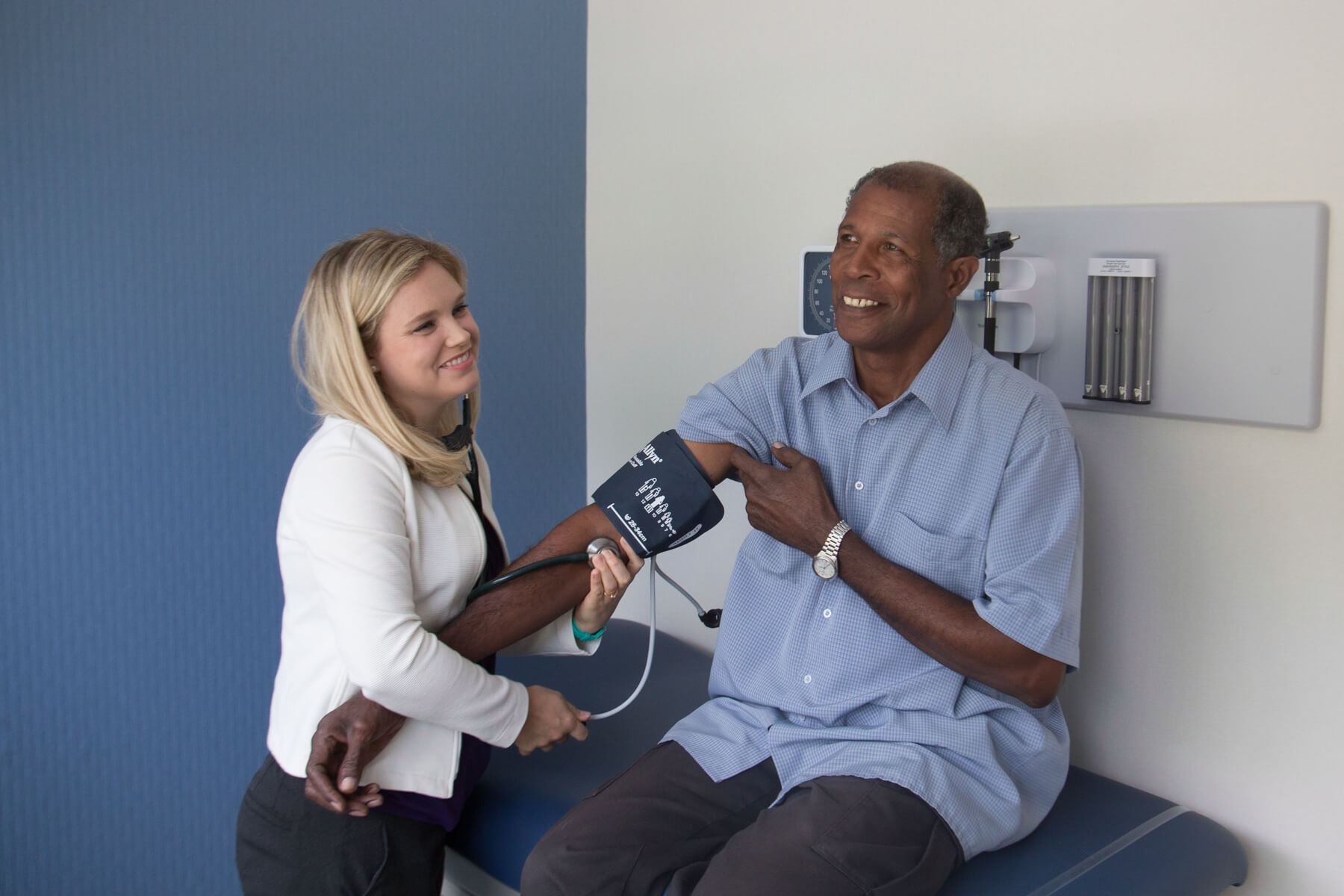Regular visits are not so regular anymore.

We will do our best to see our patients in a timely manner. Best efforts will be made to accommodate same-day and next day appointments for urgent medical concerns. We have spots saved for this and if it is urgent, ask that you accept the given times available.
For non-urgent (regular) visits we are doing our best to see patients as quickly as possible, however the need for care has skyrocketed since the COVID pandemic for many reasons and as such, we consider EVERY appointment visit to be important. We encourage our patients to put their health first and accept available appointments.
Periodic health and well-being visits may take longer to book as they are not urgent.
Tip: Please plan ahead and call in advance to ensure you have timely appointments for your health needs.
To book an appointment, please call our office and speak with a staff member.
In order to make the most of your visit:
- Let the front staff know what your issue is when you book, so they can give you an appropriate time slot and prepare for your arrival.
- Come 10 minutes early (for in person visits) to each appointment to complete any needed paperwork or exams (blood pressure, weight, urine etc), this will maximize the actual time you can spend with your physician.
- Bring a list of what you plan to discuss at that appointment in order of importance, and share it at the start of the appointment. This will help your doctor organize her time and her thoughts to address your concerns in an efficient manner. Remember your doctor has specific questions to ask you too, so knowing what you need from her in advance will help make sure nothing is missed.
- Bring your medications to each appointment (to reviewed and ensure all refills are updated) to avoid running out of medicine or having the pharmacy request refills on your behalf (which will result in a charge)
- Do not “save up” all your problems for a visit, call when you have a problem that concerns you. A long list often results in you receiving a variety of information that is confused or forgotten. It also limits how thorough your doctor can be as he/she does have to work within the time constraints of your appointment.
- Complete any tests ordered by your doctor in a timely manner (ie blood work, imaging tests etc). If you are expecting to have a certain test or appointment booked by our office and have not heard anything with 2-3 weeks time, please call our office to ensure the referral was received. This will ensure your visits can be used to review results and prevent prolonged delays.
- To avoid out-of-pocket costs:
- Ensure you bring a VALID health card to each visit. If your health card is not valid, you will be charged the OMA rate as an “uninsured” patient.
- If you are late, or do not attend your appointment, you will be charged a “No Show” fee, and your appointment will need to be re-booked.
CALL NOW to request an appointment
Preventative Health Visits and Testing
Physicals are old fashioned! There is no evidence that routine physicals improve health outcomes. The goal is for preventative health. This means ensure that appropriate tests and immunizations are done at the right times. This can be different for each individual. Below is a list of common visits and tests and their schedules. Remember, it may be modified for you based on your personal history and risk factors.
Infants, Children and Adolescents
 Check ups to ensure proper development and update immunizations:
Check ups to ensure proper development and update immunizations:
– newborns are seen regularly until they pass their birth weight and are thriving and have established a good feeding pattern
– 1 month
– 2 months (Pediacel, Prevnar 13, Rotarix)
– 4 months (Pediacel, Prevnar 13, Rotarix)
– 6 months(Pediacel)
– 9 months (no immunizations)
– 12 months (Prevnar 13, MMR, Menjugate)
– 15 months (Varicella)
– 18 months (Pediacel)
– between ages 2-3 and every 1-2 years thereafter (booster shots age 4-6 MMRV and Quadracel)
– age 11-18 yearly (booster shot of Adacel or Boostrix age 14-16)
– flu shot annually, starting at 6 months old (or nasal spray starting at 2 years old) the first year a child receives the flu shot he/she needs 2 shots, at least 4 weeks apart unless he/she is >= 9 years old, then 1 shot is sufficient (this can be done via our office, public health clinics, or pharmacies)
Women

Pap test:starting at age 21, every 3 years, unless your doctor tells you otherwise
Mammogram:Starting at age 50, every 2 years, unless your doctor tells you otherwise.
We try to organize these at Ontario Breast Screening Centres, as once you are in the system, they recall you automatically when required.
Colon Cancer screening:
Starting at age 50, unless you have symptoms or a family history, the fecal occult blood test is done every 2 years.
Cholesterol and Diabetes Screen
Starting at age 40: Every 3 to 5 years, starting after menopause
Osteoporosis (Bone Density test)
Starting at age 65, unless there are risk factors
Men
Colon Cancer screening:
Starting at age 50, unless you have symptoms or a family history, the fecal occult blood test is done every 2 years.
Osteoporosis (Bone Density test)
Starting at age 65, unless there are risk factors
Prostate Cancer screening:
Optional, speak with your doctor about if it is right for you
Adult Immunizations
(these change periodically as guidelines are updated based on newer studies)
Flu shot: Annually, can be done by our clinic or the pharmacy or public health units (please avoid walk in clinic for this)
Tetanus and Diphtheria: booster every 10 years and a Pertussis added to this at least once as an adult.
Pneumococcal immunization: once at the age of 65, sooner for special circumstances (diabetes, asthma etc)
Shingles immunization: once after the age of 60.

